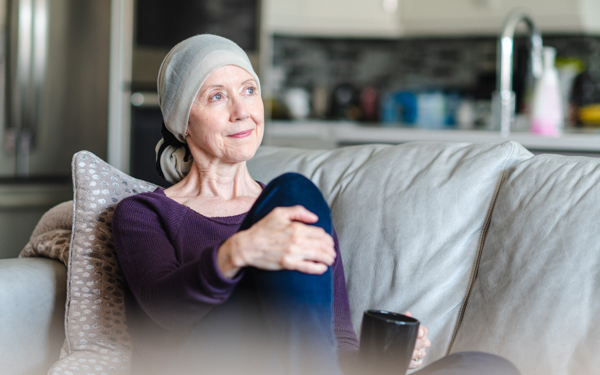Trial summary
The OPTIMA trial seeks to advance the development of personalised medicine in breast cancer by using multi-parameter tests to identify those women who are likely to benefit from chemotherapy and sparing those who are unlikely to benefit from an unnecessary and unpleasant treatment. The OPTIMA study population would ordinarily be treated with a combination of chemotherapy and endocrine therapy. The trial compares the management of patients using test-directed assignment to chemotherapy with standard management (chemotherapy) in a non-inferiority design. OPTIMA prelim is the preliminary phase of the study which will select the testing technology to be used in the main trial and demonstrate whether the main trial is feasible.
Trial details
Short title
OPTIMA / BCT 2202
Diagnosis
Breast cancer
Type of treatment
Medical Oncology
Phase
II
Investigators
Principal Investigators
Who can participate
Clinical trials can have restrictive criteria of who can and can’t participate, talk to your healthcare provider if you are interested in this clinical trial.

